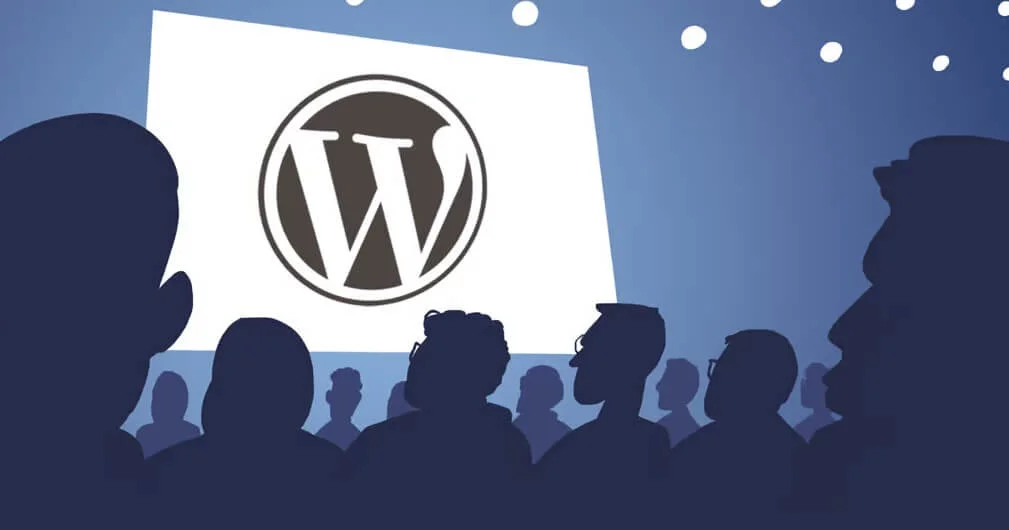
Get Paid to Share Your Expertise
Help shape the future of business through market research studies.
See Research StudiesJohn R. Boyd was a U.S. Air Force fighter pilot active during the 1950’s. In the 1970’s he helped design the F-16 and then went on to promote a concept called the OODA Loop.
OODA stands for Observation-Orientation-Decision-Action. It’s a basic pattern for how we make tactical decisions. Col. Boyd is credited for coining this term, originating and promoting the concept which has become a strategic centerpiece for multiple military campaigns.
Many acknowledge the OODA Loop concept is just as powerful in business as it is in the military and can be used as a powerful and simplistic a tool for individuals and their organization. Particularly when it comes to decreasing costs. Costs like downtime of revenue producing staff, higher expenses, missed opportunities, slower response time, poor team performance, stress and frustration. In general, lower productivity accomplished with high-priced stressed.
Observe and orient yourself to the root cause of productivity challenges. Ask yourself a few questions about where time is spent and if it’s effective for you, your team and your organization.
- Meetings – In survey after survey when employees are asked to identify their biggest time waster the answer almost always comes back as ‘meetings’. Questions to ask yourself would include: How many meetings a week do you call? What is their average duration? Are they effective or ineffective? Why or why not?
- Email – The preferred method of communication in many organizations. But when is enough, enough? Questions to ask yourself would include: How many average emails a day do you receive? How many can be handled in another way? Depending on the situation would a phone call or text be more appropriate? How many require your name in the distribution list?
- Procrastination – This includes your delayed decisions as well as those of your colleagues. It’s an ineffective habit that costs time, money, frustration and prevents everything from moving forward. Worst of all if one employee needs to do another employee’s work because of this it can become the cause of resentful feelings and poor relationships. Questions to ask yourself would include: Where do you see delayed decision making within your team or organization? What is it costing in hard dollars? What is it costing in employee disengagement?
- Disorganization – In a paper written by Drs. Ray Curts and Douglas Campbell, they state that ‘The dilemma of the decision maker within the OODA Loop is largely a problem of data collection, storage, retrieval, manipulation and comparison.’ While trying to practice the steps needed to close your own OODA Loop, you may tend to…stumble. Stop and think about cluttered file cabinets. Cluttered desks. Cluttered hard drives. The costs associated with not getting organized are rooted in choices you make about how you manage your time.
Decide and take action to overcome productivity challenges. Now that you’ve observed and oriented yourself to some time-wasting events, it’s time to decide on what you’ll do and the approach.
Here are a few suggestions:
Meetings
- Distribute an agenda at least 24 hours in advance. An agenda will help you define who should attend and it will give attendees time to think about their questions or contributions.
- Begin and end the meeting on time. As a leader doing what you say you’re going to do is crucial for building trust. This is one small way to develop that.
- Seek assistance. Ask for 2 people to help. A timekeeper and a note taker (using a form you have created).
- Distribute information immediately after the meeting. And make sure the information answers who does what by when which can be incorporated into the form the note taker uses.
- Develop a list. Of how you can improve email communication (i.e. subject line, what the first sentence should contain, etc.).
- Remove your name. Ask your name to be taken off a distribution list if it really doesn’t need to be there.
- Consider using technology. Slack is the newest technology that may help by grouping together similar themed emails.
Procrastination
- As an individual, only you can solve this one. Determine what you’re doubting or fearing then find the resources to help you overcome this habit.
- As a team leader, think about where or when this happens and develop or brainstorm ideas for resolution or for providing assistance.
- As an organization-wide leader, consider where decision making is costing time, money and frustration and determine how to make change by developing or using a type of decision matrix or procedure involving timelines.
Disorganization
- Determine what’s causing the clutter. Procrastination is one reason, but there are others. Lack of a system? You have a system but it doesn’t work for you? Find resources to help because it’s basically pretty true—a clear desk can clear a mind pretty quickly.
- Identify the top 2 or 3 actions you can take to begin to create an organized working environment and then begin using them. Revise as required.
- Develop a new set of habits. Habits are what enable you to maintain an organized space on a kind of auto-pilot. They’re powerful so don’t underestimate them.
Developing an effective OODA loop is more difficult for some than others because it involves looking at both the big picture as well as the required detail. But deciding what needs to happen and taking action to move forward requires our full engagement. Get your OODA loop working and see what happens!

 Cynthia Kyriazis
Cynthia Kyriazis